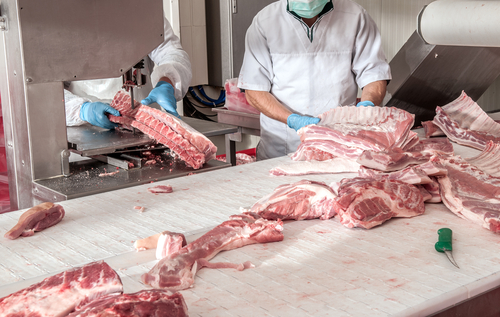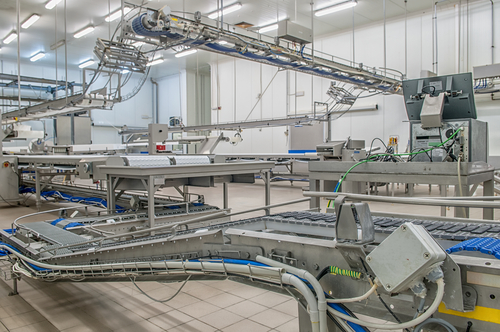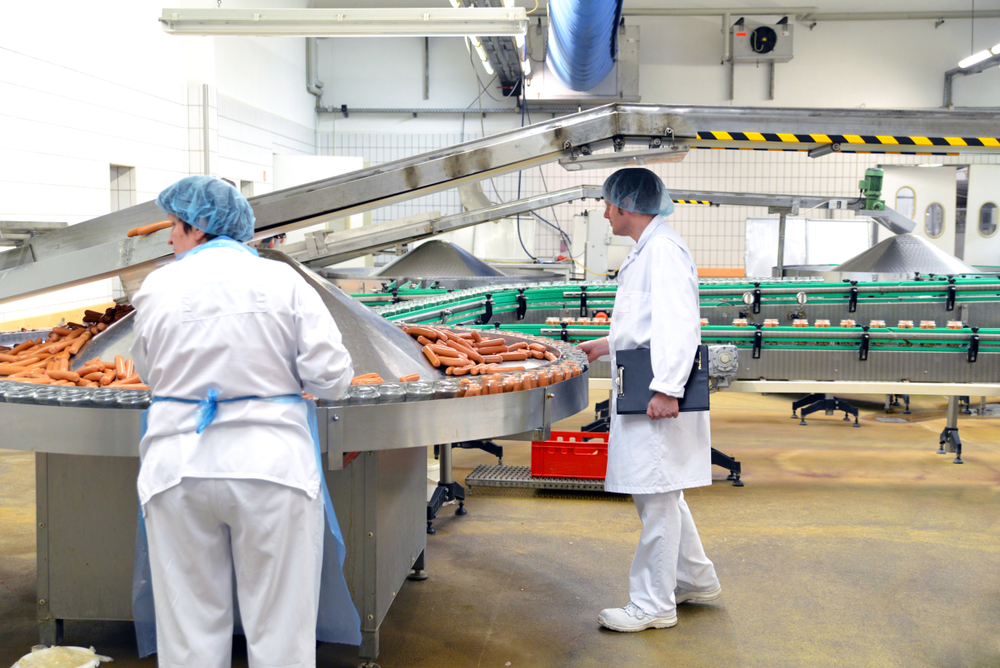If you’re trying to get into the meat processing business, you must ensure that your facility is built correctly. During the initial design phase of a small meat processing plant, there are certain pitfalls you should avoid.
In today’s post, we’ll take a look at some of these meat processing plant design mistakes. We hope the information you find today is helpful.
Take It Slow
Planning the design of a meat processing plant can get overwhelming. However, don’t lose hope yet. An effective strategy for success is to take it one step at a time.
Don’t attempt to get the project going to match your conceived timeline. It’s incredibly crucial to get at every stage of the process. It also wouldn’t hurt to get opinions on your design plan. However, make sure that the views you are seeking are from someone who has experience in building a meat processing plant.
If you see that something needs your attention and has to be changed, stop what you’re doing and change it. You will be thankful that you did. It would be beneficial to take the time the project needs to make the necessary improvements.
Don’t Be a Maverick
Seek advice. Talk to those who have been in the business. Join your local meat processing plant associations. While it’s good to be innovative, don’t think too hard about how you’re going to reinvent the wheel. You must know the core of the industry before you get creative and add your style to it.

There are meat processing plants that have been in business for decades.
There are also some who closed right from when they opened their doors.
Seek the advice of those pioneers in the industry. Obviously, they are doing something right if they have been around that long.
Surround Yourself with Specialists
Surround yourself with the experts in the industry, then ignore them – only partially. While they are chockful of wisdom and sound advice, only take those that apply to you and your meat processing plant. Be open to their insights. However, you’re the only one who knows what your business needs.
Don’t merely take anyone and everyone’s advice. When you are overwhelmed with information, the best thing to do is to take a step back. Listen to what your gut is telling you – especially if you’re confident that you’ve done your homework about the industry.
Nonetheless, keep those experts close. If, in the future, your meat processing plant runs into some sort of trouble, they may have just the right solution for you.
Aside from fellow meat processors, you can seek advice from the other experts and specialists you have to surround yourself with are the people working on your plant. From the general contractors to the architects and engineers, you must have a solid and reliable team behind you.
They may be knowledgeable in the job, but they also know how to work together and coordinate with each other. This ensures that the process is seamless, and you’re avoiding any issues as much as possible.

Additionally, always communicate with these parties at every stage of the project development. Don’t be intimidated. If you don’t understand anything, ask questions. Discuss important matters to them. You wouldn’t want to settle only to find out later that it’s going to hinder your operations.
Don’t Do Things in the Wrong Order
Why did you get into the industry? Is there even enough business to sustain your plant throughout the year? What if there’s not? What will you do then?
These are the questions you should ask yourself before you start your meat processing venture – and before it’s too late. Be absolutely sure that you know your market. Do diligent research and evaluate what the meat processing and production needs of your market.
Adapt to the Changes
The meat processing industry is evolving. From the technology used in operations to regulatory changes to proper handling of livestock – make sure you’re always updated with changes and updates in your industry.
Adapting to the changes in your industry doesn’t mean you’re giving up on your original plan. This just means you know how to stay flexible to keep up with the demands of your market and the meat processing industry.
